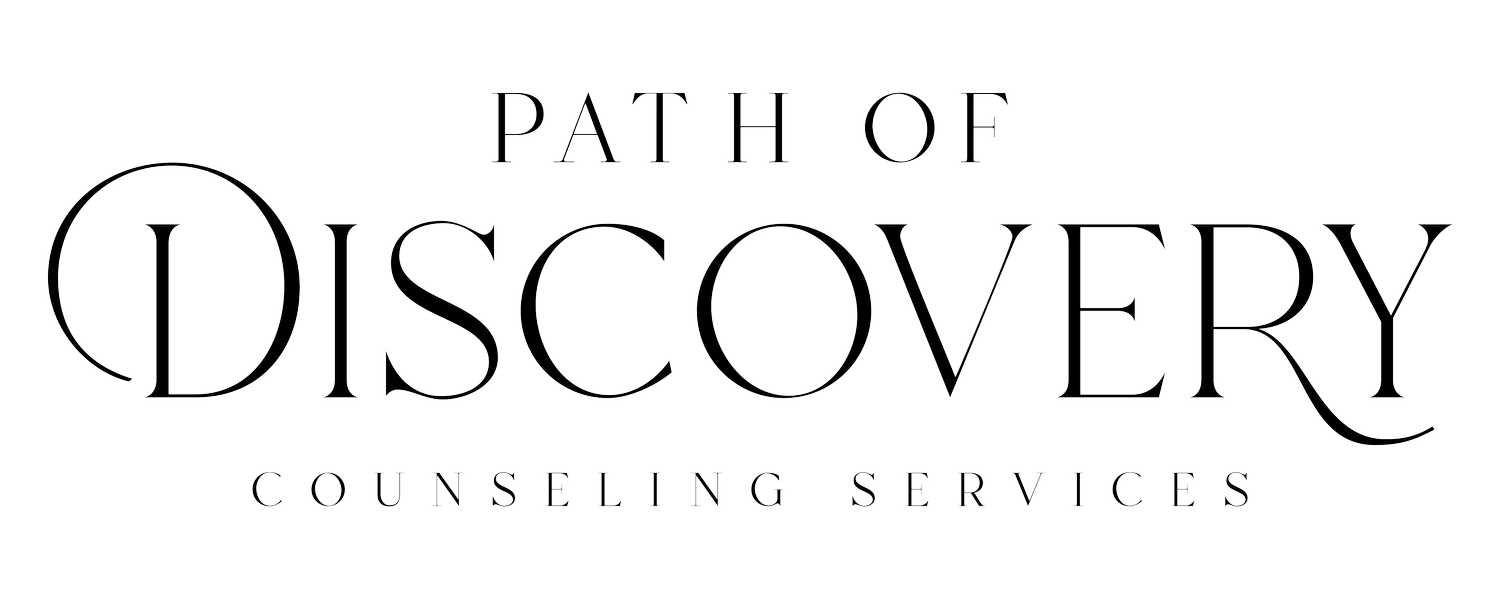What is Womanist Psychology?
Read more about how and why we do what we do!
The essence of womanist psychology perspectives revolves around prioritizing the self-definition and healing processes of Black women. These perspectives emphasize the crucial importance of Black women's efforts to not just survive but to also grow and flourish despite facing various intersecting forms of oppression.
Womanist psychology places a significant emphasis on acknowledging and addressing the unique experiences and challenges faced by Black women. They highlight the necessity of empowering Black women to define themselves on their own terms, fostering their self-awareness, agency, and well-being. These perspectives recognize the resilience and strength of Black women as they navigate and overcome intersecting forms of oppression, including racial, gender, and societal inequalities. The focus is on supporting Black women in their journey toward self-actualization, growth, and success, promoting holistic healing and thriving in the face of adversity.
Source: Womanist and Mujerista Psychologies: Voices of Fire, Acts of Courage. Edited by Thema Bryant-Davis and Lillian Comas-Diaz
What is Liberation Psychology?
Liberation psychology is a branch of psychology that aims to understand and address the mental and emotional impacts of social injustices and oppression. It began in Latin America in the 1970s, with Ignacio Martín-Baró being a key figure in its development. The main idea is to help people become aware of how social and political forces affect their lives and contribute to their suffering. By understanding these larger forces, individuals and communities can work together to challenge and change them.
This approach highlights the importance of looking at people's problems within the context of their history and society, recognizing that many psychological issues are rooted in unfair social structures. Liberation psychology focuses on empowering marginalized groups, helping them take control of their lives and work towards social change. It encourages collective action and community efforts to fight oppression.
Decolonized Therapy
Decolonized therapy is a way of providing mental health care that respects and incorporates the cultural backgrounds and traditions of people from marginalized communities. It acknowledges the negative impacts of colonialism on mental health and challenges traditional Western therapy practices that might not fit everyone. This approach emphasizes the importance of cultural identity, community support, and traditional healing methods. It aims to empower individuals by validating their experiences and strengths, helping them reclaim their cultural heritage and identity, and promoting a holistic view of well-being that includes physical, emotional, mental, and spiritual health.
God and Therapy
You can love God AND go to therapy too. In fact, it's biblical. We stand behind the reality that God and Therapy can co-exist. Have you been spiritually gaslighted about going to therapy? Have you been told that you should "Just pray about it?" or that mental health issues are "demonic?" Therapy is not rejection or a replacement of God's power. With the help of therapy you can experience God from a healthier perspective.
"For lack of guidance a nation falls, but victory is won through many advisers." - Proverbs 11:14





